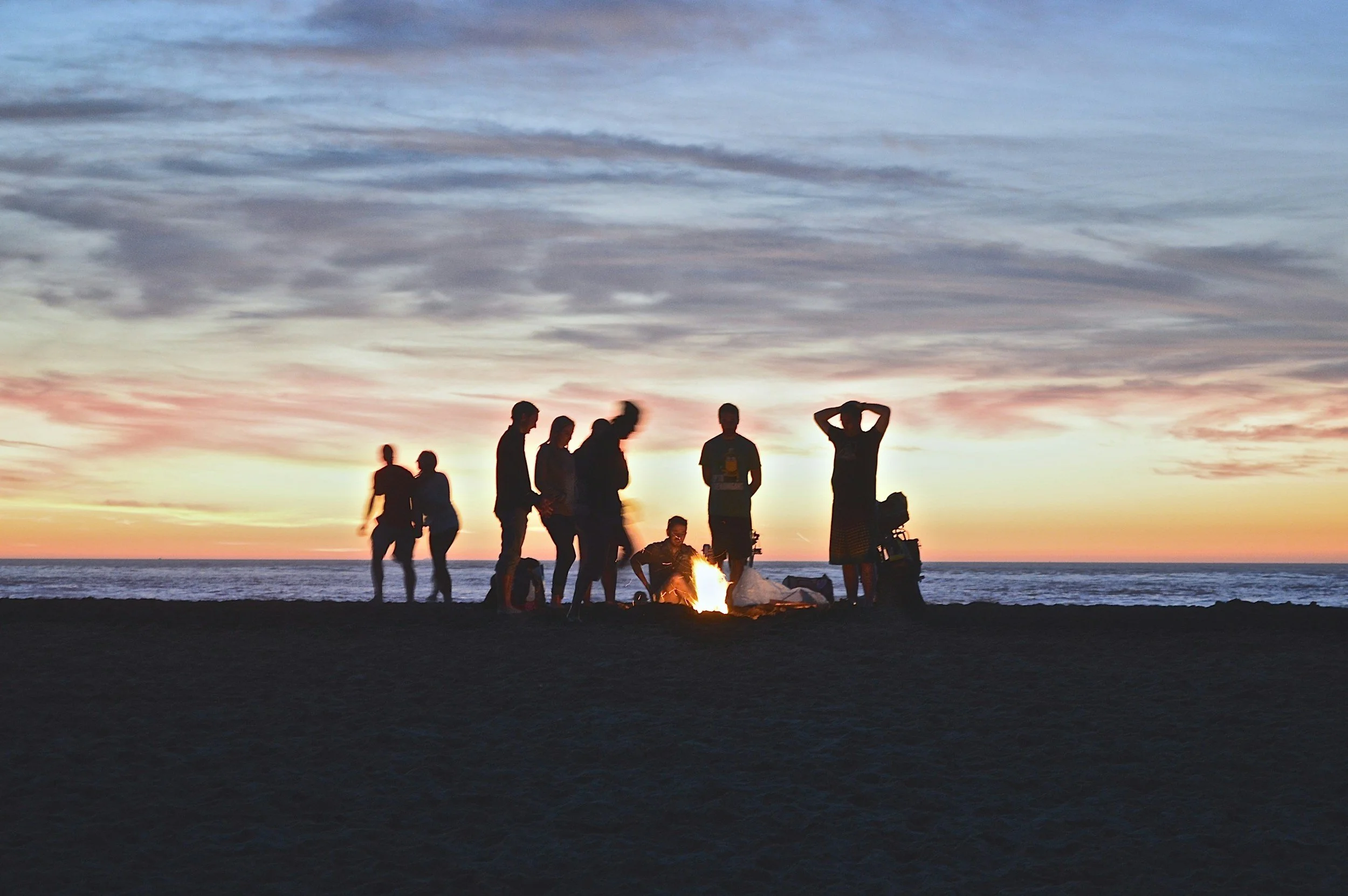Addiction can affect anyone.
People from all backgrounds experience addiction. Addiction doesn't care how old you are, how much money you make, or the color of your skin; it has no bias. While the initial choice to use a drug is often voluntary, the powerful effects of addiction make it very hard to stop, even if someone wants to.
When drugs or alcohol are used so often that they have significant negative effects on your life, making it unlivable to the quality it was before, this is called a substance use disorder.
It causes intense cravings for alcohol or drugs and can include:
Using illegal drugs like heroin or cocaine or excessive alcohol drinking.
Using prescription drugs in ways other than prescribed or using someone else's prescription.
It's hard to stop on your own
Addiction is a chronic and treatable disease. Using drugs repeatedly changes the brain, including the parts that help exert self-control. That's why someone may not be able to stop using drugs, even if they know the drug is causing harm or feel ready to quit.
Some common behaviors of addiction and substance use disorder include:
Trying to stop or cut down on drug use but not being able to.
Using drugs because of being angry or upset with other people.
Taking one drug to get over the effects of another.
Making mistakes at school or on the job because of using drugs.
Drug use hurts relationships with family and friends.
Being scared at the thought of running out of drugs.
Stealing drugs or money to pay for drugs.
Being arrested or hospitalized for drug use.
Developing a tolerance and needing larger amounts of drugs or alcohol to get high.
Overdosing on drugs.
SUPPORT
-

Millions of Americans have mental and substance use disorders. Find treatment here.
FindTreatment.gov, the confidential and anonymous resource for persons seeking treatment for mental and substance use disorders in the United States and its territories.
-

-

Disaster Distress Helpline
The Disaster Distress Helpline (DDH) is the first national hotline to provide year-round disaster crisis counseling. This toll-free, multilingual crisis support service is available 24/7 to all residents of the U.S. and its territories experiencing emotional distress related to natural or human-caused disasters.
-

National Helpline
SAMHSA’s National Helpline is a free, confidential, 24/7, 365-day-a-year treatment referral and information service (in English and Spanish) for individuals and families facing mental and/or substance use disorders.


